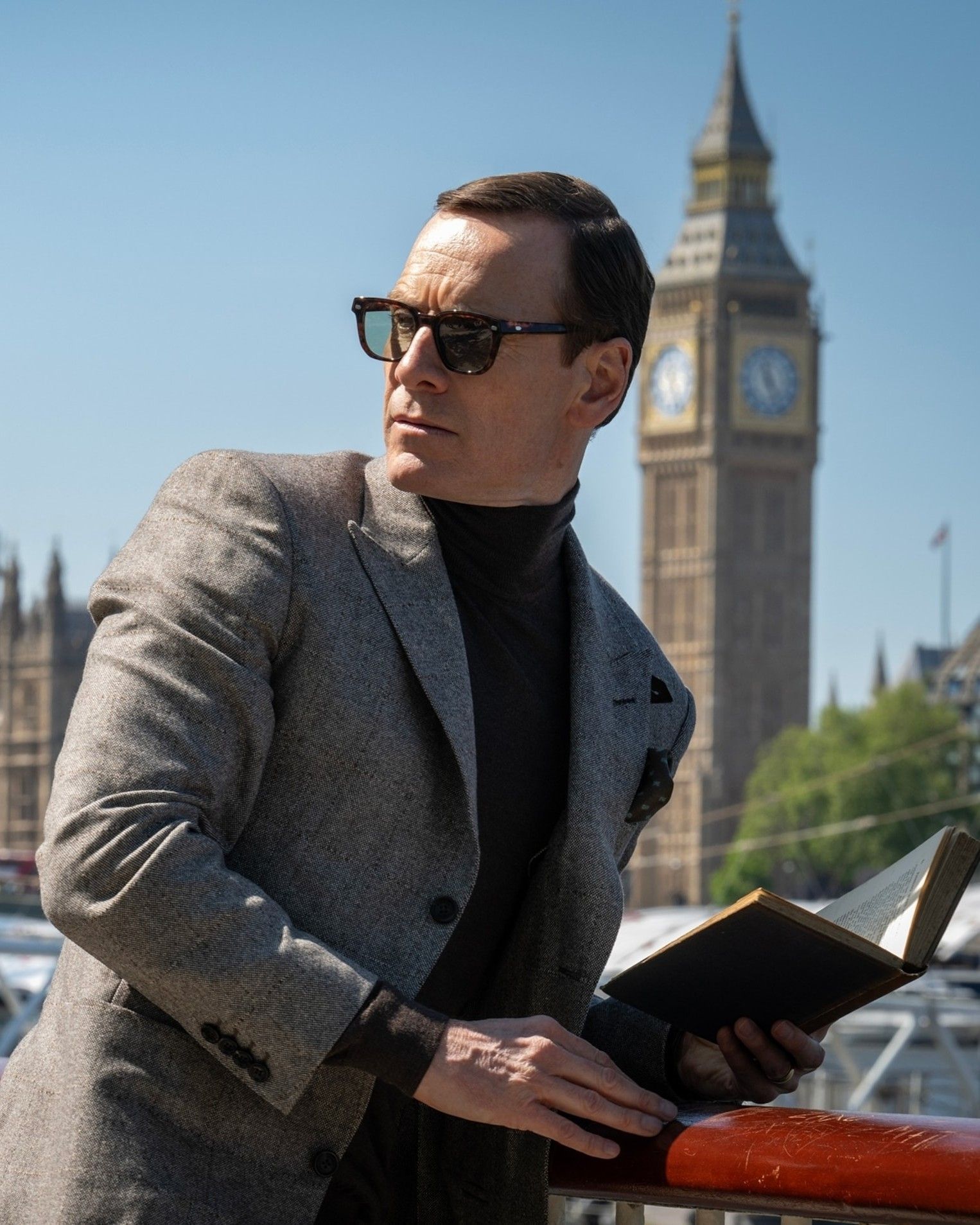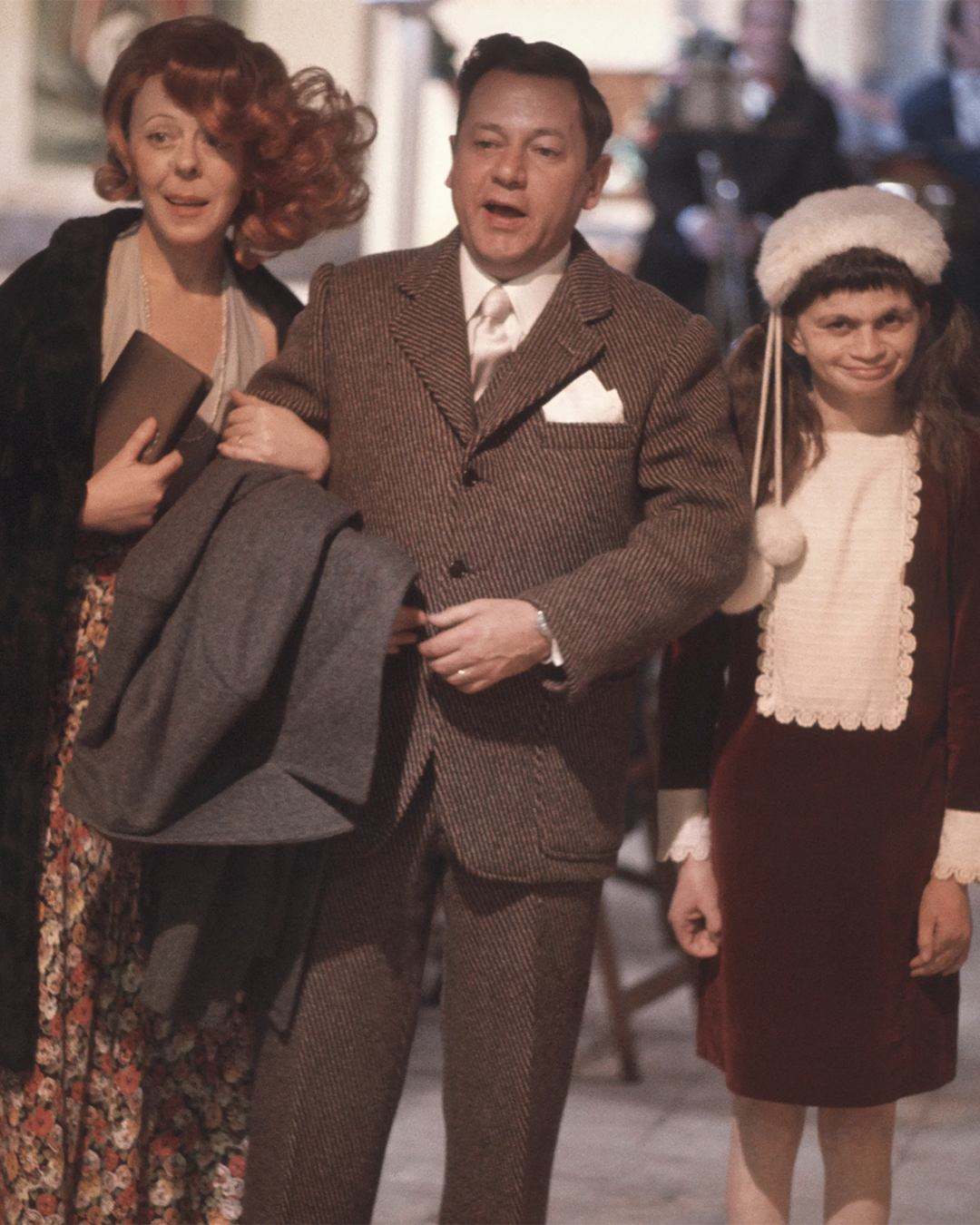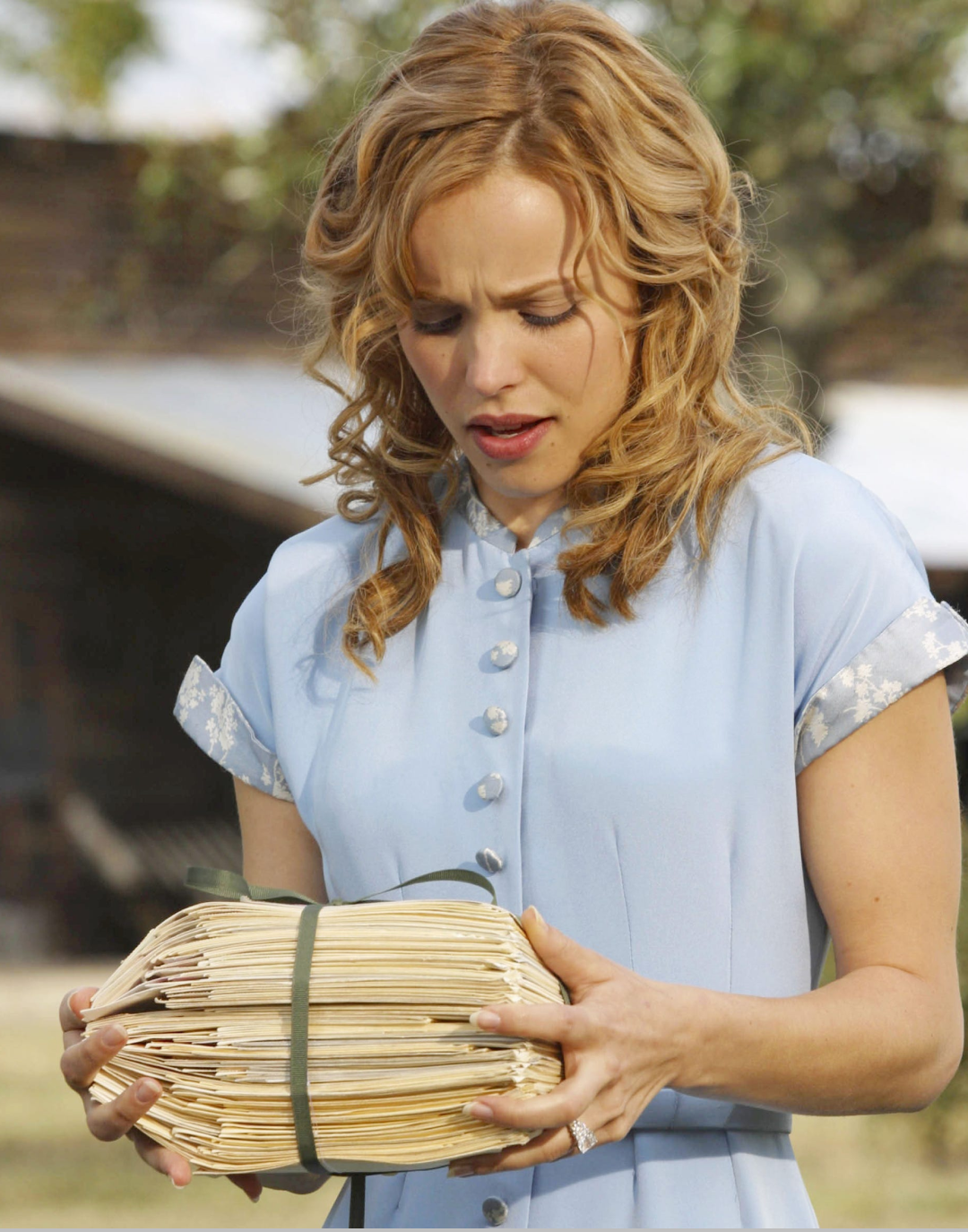
“Black Bag": better to betray your homeland or your wife? Michael Fassbender and Cate Blanchett star in new spy movie
In the first four minutes of the film, Steven Soderbergh explains everything about Black Bag: Double Game. With a title referencing the expression used to describe undercover spy missions, the film opens with the camera following from behind the character played by Michael Fassbender, George, immediately immersing us in the dilemma that will torment him throughout the film as he is torn between loyalty to his country and his wife Kathryn, the co-protagonist Cate Blanchett, who is suspected of betrayal. In the prologue alone of his spy movie—like every other time Soderbergh has tackled any genre, managing to make it distinctive and above all personal—the director condenses character introductions, the tone of the film, the protagonist’s goal and what he must investigate, all in just a few minutes. An unusual summary approach in an era where even more than half an hour often isn’t enough for films to set up the entire structure of their stories, dragging out the timeline and often having far less to say than assumed, stretching narratives that have lost the gift of conciseness, while Black Bag offers a refreshing touch right from the start. And it’s Steven Soderbergh’s modus operandi, given what happens when one finds themselves watching one of his films—he proves that even ninety minutes can be enough to tell a compelling story when you have a solid plot, well-defined characters, and a narrative that knows exactly where to start and where to end—thanks also, once again, to David Koepp, writing his third screenplay for the director.
@universalpicsph A world of espionage, a marriage of spies. Cate Blanchett and Michael Fassbender star in Steven Soderbergh’s #BlackBagMoviePH. Exclusively at Ayala Malls Cinemas May 7.
original sound - Universal Pictures Philippines
Never missing an opportunity to turn his work into theses, this time the American director attempts to stage his own version of "games and fun"—like the dinner parties organized by his characters—to pack into a single container the soul of spy films and his vision of what entertainment is. Or what a spy movie truly is: devoid of action, as usual focused on the psychology of people and the pervasiveness of technology. After all, even George and Kathryn have a purpose every time they invite their friends/colleagues/possible traitors to dinner, and their idea of leisure isn't exactly the same as that of other guests. The same goes for Soderbergh, who moves within the duality a couple of spies must navigate to keep their marriage intact, walking a tightrope that must remain razor-thin until the film’s resolution, allowing the audience to wonder what the double game the characters must uncover might be.
Steven Soderbergh really just is that guy. I know we know this, but love his commitment to making small focused films that are 90 mins with a stellar cast just having a good time on the Soderbergh rollercoaster ride. Black Bag was a lot of fun. Great score, great script… see it! pic.twitter.com/yUKjkIv06A
— Billie Melissa (@billiemelissa_) March 15, 2025
In a closed and precise container like every spy’s obsessive mindset, Black Bag hits the mark with a lethality that leaves no room for error, and creates a dilemma where Soderbergh has often glimpsed cracks in his filmography. Doubt returns to the director’s cinema, sometimes paired with genres not so closely related, but that find their natural ecosystem in espionage—much like in his Kimi from 2022, also written by Koepp. Relationships are a mystery, being a spy is a mystery, knowing how to keep a marriage together is a mystery. And unveiling the mechanics behind what is considered unconventional has always been the most innovative driving force behind Steven Soderbergh’s ability to be different each time, both from himself and from the genres tackled in his career, while still remaining incredibly true to his cinematic nature. Just like the protagonist George, who, despite the crisis in the investigation that could lead him to incriminate his wife, feels such devotion that it rules out any possibility of mistrust toward Kathryn. A faith that mirrors Soderbergh’s toward cinema—knowing he could never betray it, even while changing its form each time and experimenting with new content. Because that’s what he has always done and will continue to do: take the audience into stories that are each time different from those told before, using every software, satellite, and human relationship available. A mission Soderbergh has taken very seriously and knows how to carry through.













































